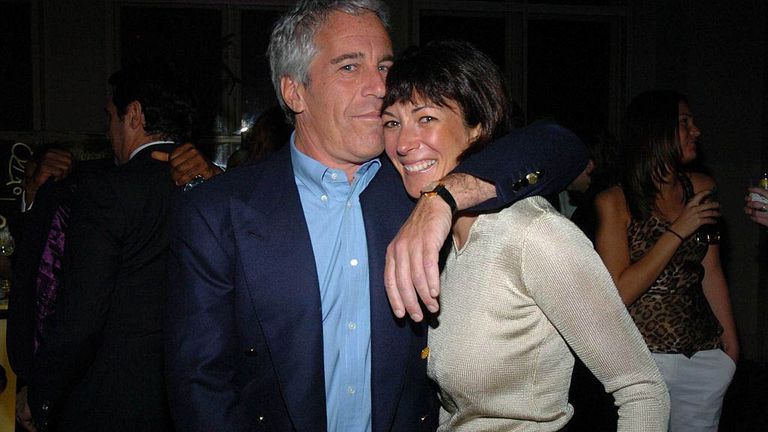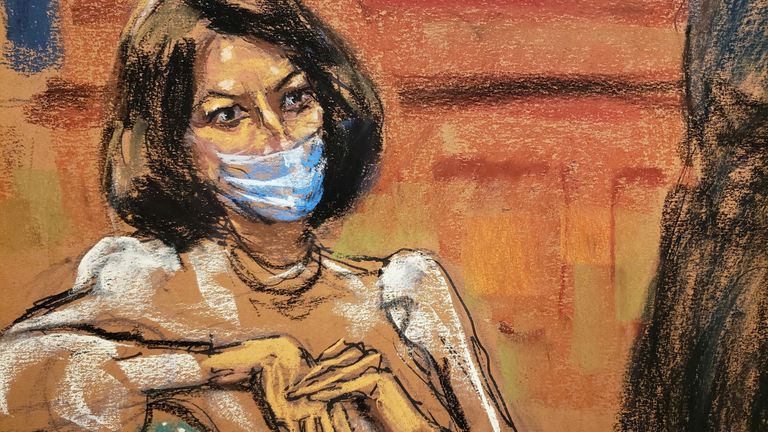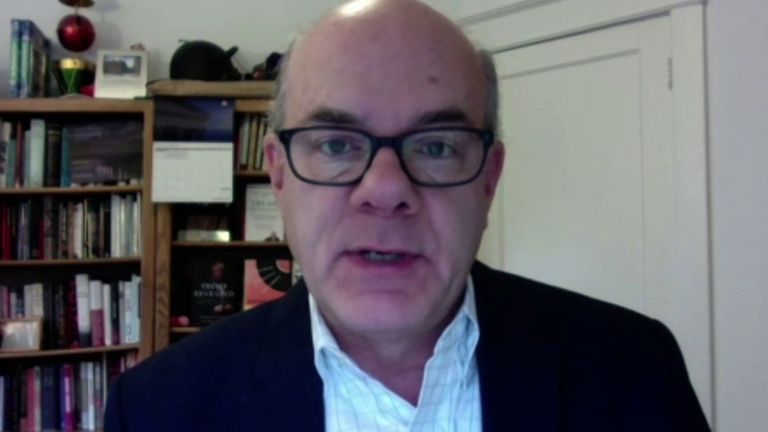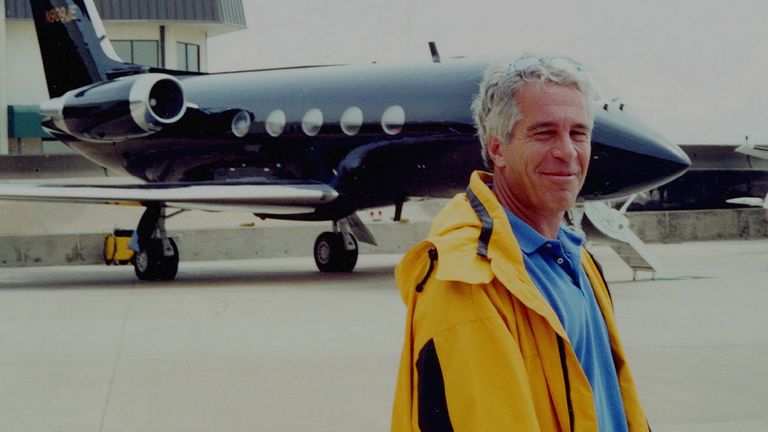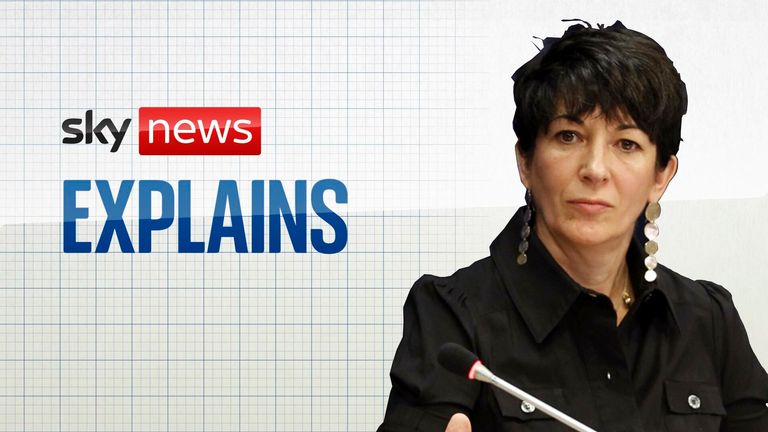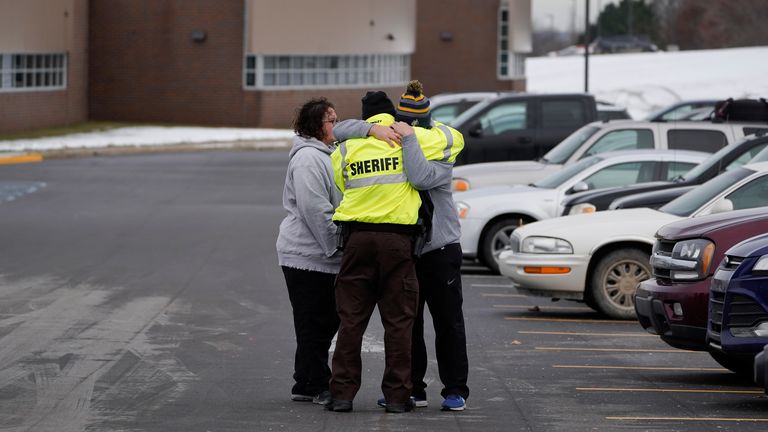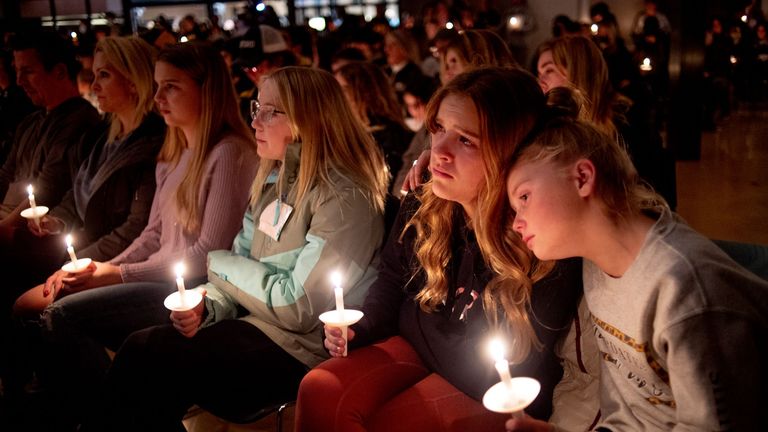It was a sudden rise in coronavirus infections in Gauteng province, South Africa, from mid-November that first alerted the country’s scientists to the emergence of a worrying new variant — now identified as Omicron.
Health experts credit the quick work of South Africa’s scientific community, internationally recognised for its strong record in managing the HIV and tuberculosis epidemics, for identifying the new variant and taking measures to alert the world.
But gaps in the global effort to track mutations, a process known as genomic sequencing, make it difficult to not only monitor early cases of Omicron — but also to identify future variants.
The tools needed to sequence genomes are concentrated in richer countries, which means that large parts of the globe are not being properly tracked. More than 80 per cent of the more than 5m Sars-Cov-2 genomes uploaded to the Gisaid genomics database, which promotes the rapid sharing of data about coronaviruses, have come from two continents: North America and Europe.
“We’re flying blind in vast swaths of the world, many of which happen to be under-vaccinated,” said Peter Bogner, the founder of Gisaid. “It’s most important in areas that we’re currently flying blind to make sure we have better vision.”

Until recently, genome sequencing was a niche area of research used primarily by academics and infectious disease experts.
The pandemic changed that. The World Health Organization, which designated Omicron a variant of concern a week ago, has identified genomic sequencing as a key weapon in the fight against a virus that has killed more than 5m people worldwide.
“The public health benefits of rapid and widely available genome sequences of Sars-Cov-2 to track viral evolution and emergence of variants has become explicitly clear,” Soumya Swaminathan, the global health body’s chief scientist, said.
Fortunately, a genomic quirk in the shape of a missing gene means Omicron can be detected through PCR testing. And in sequencing, experts say, quality matters more than quantity.
“It’s not about numbers, it’s about understanding the epidemic, what it means,” said Tulio de Oliveira, a bioinformatics professor at Stellenbosch university whose team was the first to analyse the highly mutated genomes detected in Gauteng.
South Africa, he said, was helped by a collaborative network of laboratories and scientists as well as strong government support. Crucially, while it only sequences a small proportion of samples, it does so strategically, he added.
“For example, Brazil, UK and India have as much as 10,000 times more sequencing than we have. But in South Africa we identified both variants [the earlier Beta and Omicron] more quickly,” he said. “If we find something spreading everywhere, in places hundreds of kilometres away from one another, one can make strong conclusions such as a potential new variant increasing prevalence.”
But experts admit that even if the rest of the world sought to ramp up its genomic sequencing capabilities accordingly, a lack of the raw material required, notably the reagents that are needed to carry out the process, would make it very hard for them to do so.
Bogner said western nations had failed to learn the lesson of the Alpha variant, which ripped through southern England before spreading around the world last year.
“After Alpha, lots of noise was made about the need for countries to improve their genome sequencing efforts,” said Bogner. “Countries like the US and Germany, which at the end of 2020 showed a dismal performance, may have turned things around. But they’ve neglected the urgent need for low-and-middle-income countries to get their hands on reagents needed to generate data.”
Reagents, chemicals he described as “the fuel” for genomic sequencing technology, have been “hoarded” by a small number of western countries since the pandemic began.
De Oliveira said on Thursday that South Africa was running perilously short of reagents, and had enough for the next three days. The shortage, just as the world was looking to South Africa for answers, was being exacerbated by the blanket travel bans imposed in the wake of Omicron’s discovery.
“It’s difficult because these reagents have a cold chain. When they’re stuck in an airport for days you ruin the cold chain,” De Oliveira said, likening the mentality that underpinned the flight bans imposed by western nations to the vaccine hoarding that left southern Africa’s scantly vaccinated population open to new variants.
Even before Omicron, it was already “really difficult to get reagents”, according to De Oliveira. He said wealthier countries were “almost boasting” about the volume of sequencing tests they were conducting.
Francine Ntoumi, founder of the Congolese Foundation for Medical Research in Congo-Brazzaville, agreed.
She said genomic surveillance was most needed in countries with low vaccination rates. Nations where chronically ill patients cannot get access to jabs, were “always most likely to speed up the virus’ adaptation and evolution”.
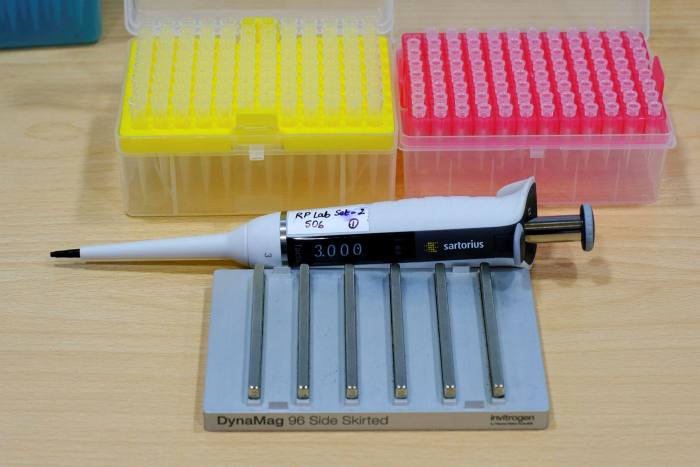
Before Omicron arrived, Ntoumi’s laboratory, which has sequenced around 300 Sars-Cov-2 genomes in total, was the first to discover a variant, dubbed B.1.640, which also possessed a series of unusual spike mutations.
“B.1.640 should have been a warning sign of what was to come with Omicron,” she said.
“In my lab, we have two sequencers but they are not well utilised,” said Ntoumi. “We can do three times more sequences than we do and with that we would be able to do reliable genomic surveillance for the whole of Congo-Brazzaville.”
Bogner said he witnessed the inequality of genomic surveillance first-hand from the data hub in the California headquarters of Gisaid.
“There’s a room we have that’s a visual triage area, where data pours in,” he said. “When a dozen genome sequences are received from countries that have in the past reported very little, our curators celebrate. When they see 20,000 genomes generated by a big US government contractor, their response is not the same.”
https://news.google.com/__i/rss/rd/articles/CBMiP2h0dHBzOi8vd3d3LmZ0LmNvbS9jb250ZW50LzQ1OTdlZGU4LWY2OTgtNDgzYS04MWEyLTFhOTYxMGJlOTc4NNIBAA?oc=5
2021-12-03 05:00:21Z
1191888452

